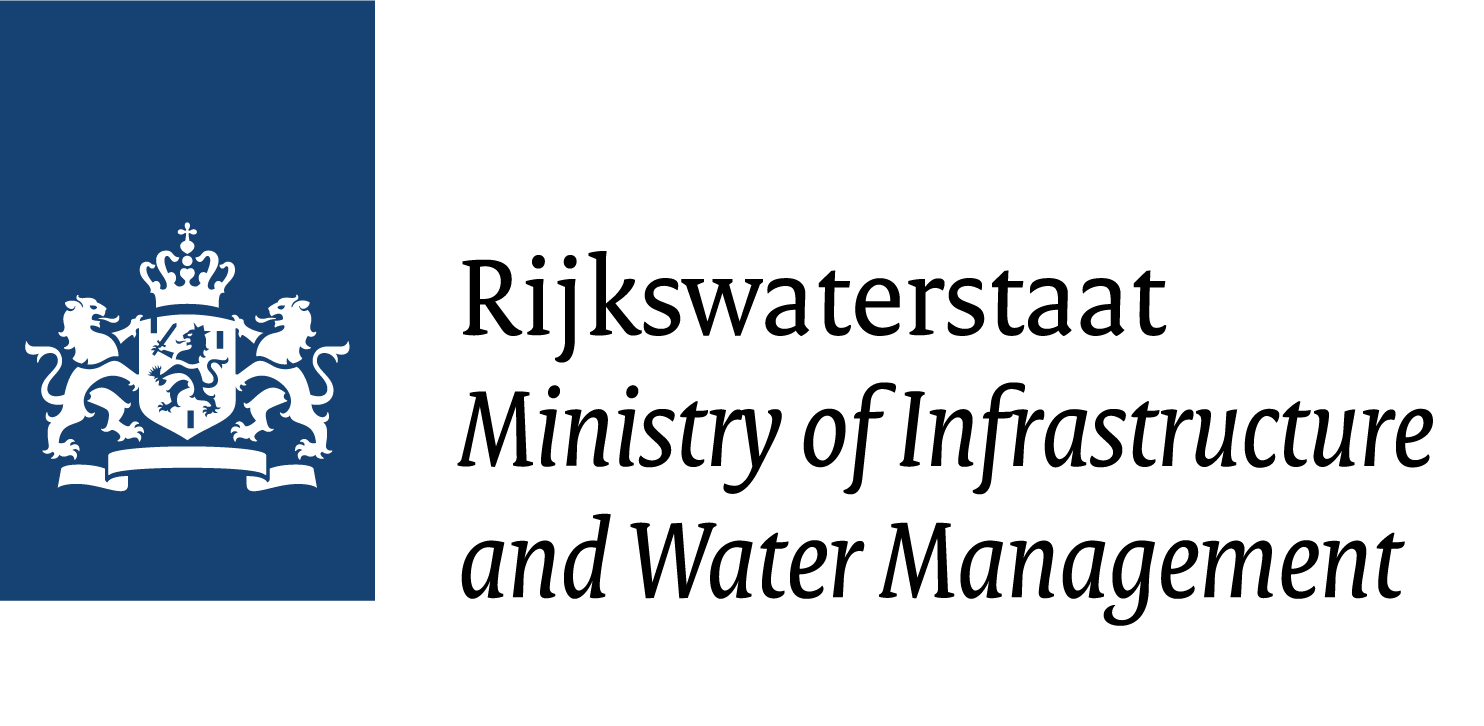The research over the past decades in the field of concrete structures has greatly expanded the modelling techniques of concrete structures in terms of both numerical and analytical models. Blind prediction contests using complex experiments have been recognized as a useful tool to verify the various models and to possible improvements. For that reason, at TU Delft, we have been organizing a series of blind prediction contests since 2014. The selection of the experiments for the contests is based on the principle that they should have the configurations that can reflect a typical construction type, and, at the same time, the type of experiments should not be commonly reported in literature. The past four contests were very well received and were used as valuable inputs of applications such as improving the modelling strategies in the Dutch guidelines for non-linear analysis of concrete structures.
As the newest edition of the blind prediction contest, we are proposing to predict two upcoming experiments on two full scale precast continuous concrete inverted T beams. This is a part of the research program on safety assessment of existing precast concrete bridges, financially sponsored by Rijkswaterstaat, Dutch ministry of infrastructure and Watermanagement. The specimens are designed to represent typical multi-span precast girder bridges. They were made by precast inverted T beams and made continuous on-site using a cast-in-situ topping layer. Many detailings of this type of structures do not fulfill the requirements of the modern design codes anymore and are often seen in the existing structures in many countries in the world, like having very low shear reinforcement ratio. And because of the complex construction process, it is challenging to predict their resistance with generally available models (both analytically and numerically). The details of the two experiments can be find at the experiments description page.
We plan to carry out the two experiments in the first quarter of 2023. Predictions using any type of modelling technique including both analytical and numerical models are welcome. You can find the submission rules and additional information at the download section. Further details on the submission format will be provided on short notice.
The deadline of the submission is on May 15, 2023. The results of the two experiments will be announced in a special session during the fib symposium 5-7 June 2023 in Istanbul. The contest and the session is also supported by fib task group 3.2: Modelling of structural performance of existing concrete structures. In the special session, the participants of this contest will be given the opportunity to present their work. A detailed program of the special session will be announced later this year.



